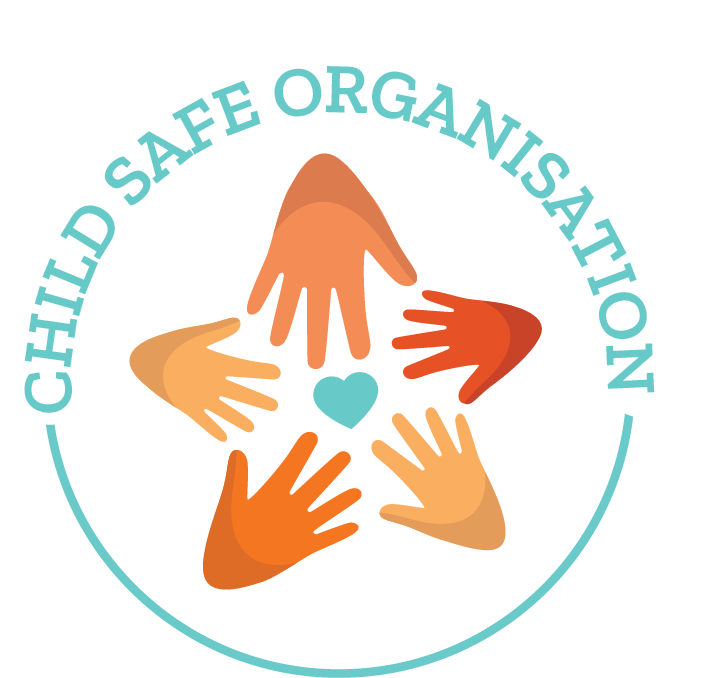In the formative years of childhood, play is not just a means of entertainment but a crucial aspect of development. Among various types of play, outdoor experiences hold a key role thanks to their multifaceted benefits on early childhood development.
At Starfish Early Learning Centre (ELC), we champion the importance of integrating outdoor play into our daily curriculum, recognising its profound impact on a child’s physical, emotional, and cognitive growth. Today we will guide you through the benefits of outdoor play and how Starfish ELC promotes this in the actions we take and how our centres are designed.
Benefits of Outdoor Play on Child Development
Outdoor play is essential for the holistic development of children. It offers more than just fresh air; it provides a dynamic environment where children can explore, experiment, and interact with the natural world. Such play improves motor skills, increases physical activity levels, and promotes a healthy lifestyle that will benefit children throughout their lives.
At Starfish Springvale, the 3 and 4 year old Kindergarten children have access to a spacious yard upstairs. This is separate to the downstairs outdoor space for the younger children. Children are offered experiences and opportunities for exploration based on their developmental levels as well as their age. Children are encouraged to make decisions, navigate tricky equipment or scenarios and try new things – which all help to develop resilience and self-regulation.
Beyond physical benefits, outdoor play also supports creativity, problem-solving skills, and social interaction, allowing children to negotiate, cooperate, and learn conflict resolution in real-time. This promotes self-confidence and instils a level of self-responsibility. For more strategies to nurture confidence, read our helpful article.
At Starfish Clayton South, the educators extend on their outdoor play by regularly participating in walking excursions to nearby Namatjira Reserve. Children learn about sustainability and the natural environment, while also testing their teamwork and communication skills. The children have a strong understanding of boundaries while maintaining a sense of adventure
Strategies for Maximising Outdoor Play in Childcare Settings
To ensure children reap the benefits of outdoor play, Starfish ELC employs several strategies:
- Creative Use of Outdoor Elements: The creative use of different outdoor natural elements turns playgrounds into rich play environments. We utilise natural elements like sand, water, and plants to create engaging outdoor spaces.
- Regular Scheduled Outdoor Time: Ensuring children have scheduled time outdoors is crucial. We place so much value in the outdoors, that we continue to access the yards regardless of the weather. All our centres have a collection of wet weather gear for children of all ages, so that not even the rain can stop our explorations!
- Incorporating Outdoor Learning into Curriculum: Outdoor play is not just free time; it’s a learning opportunity. We integrate educational objectives into outdoor experiences, combining learning with fun.
Playing Outside The Box With Starfish ELC
Outdoor play is a vital component of early childhood development, offering wide-ranging benefits that support children’s physical, cognitive, emotional, and social growth. At Starfish ELC, we are committed to providing our children with ample opportunities for outdoor play, understanding its indispensable role in fostering well-rounded development.
Through the thoughtful integration of outdoor experiences into our curriculum, we aim to ensure that every child has the foundation they need to thrive in all areas of life and help parents in the mindful guiding of their child through their upbringing.
Are you interested in learning more about how our outdoor play ece philosophy can benefit your child? Contact us today to discover the Starfish ELC difference and how we can support your child’s journey towards a bright and successful future.
Frequently Asked Questions
Playing outside is crucial for children’s development because it enhances their physical development and health, encourages imaginative play, and improves their social skills. Outdoor play allows children to explore their environment, learn from the natural world, and gain physical strength and coordination.
Outdoor play supports emotional development by providing children with a sense of freedom whilst still being in a safe environment. This in turn boosts their confidence and self-esteem. It also offers opportunities for children to experience and manage a range of emotions, from the excitement of discovery to the frustration of physical challenges, helping them learn resilience.
Outdoor play encourages children to think creatively, solve problems, and make decisions, which enhances cognitive development and abilities. The sensory experiences provided by outdoor play—such as the textures of natural materials and the sounds of the environment—support neural development, sensory processing skills and socio-emotional development.
Outdoor play helps develop skills, including physical skills like balance, agility, and coordination; social skills such as cooperation and negotiation; and cognitive skills including problem-solving, focus, and decision-making. It also fosters emotional skills by providing children with opportunities to take risks, face challenges, and build resilience.
The educators at Starfish ELC see the outdoors as an extension of their indoor classroom. Children learn through exploration, experimentation, and observation, which encourages inquiry-based learning. Outdoor play also facilitates learning by doing, allowing children to apply concepts they have learned indoors in a real-world setting, thereby reinforcing their understanding.

